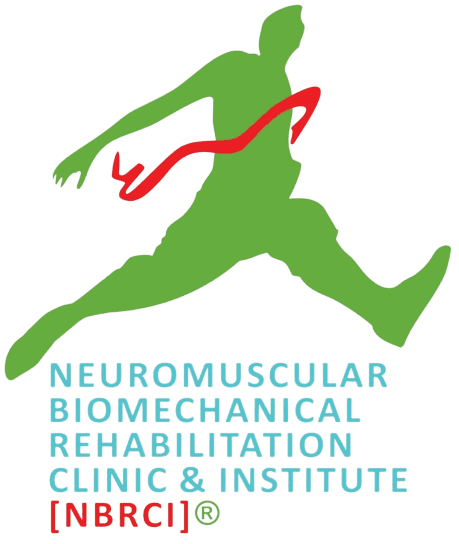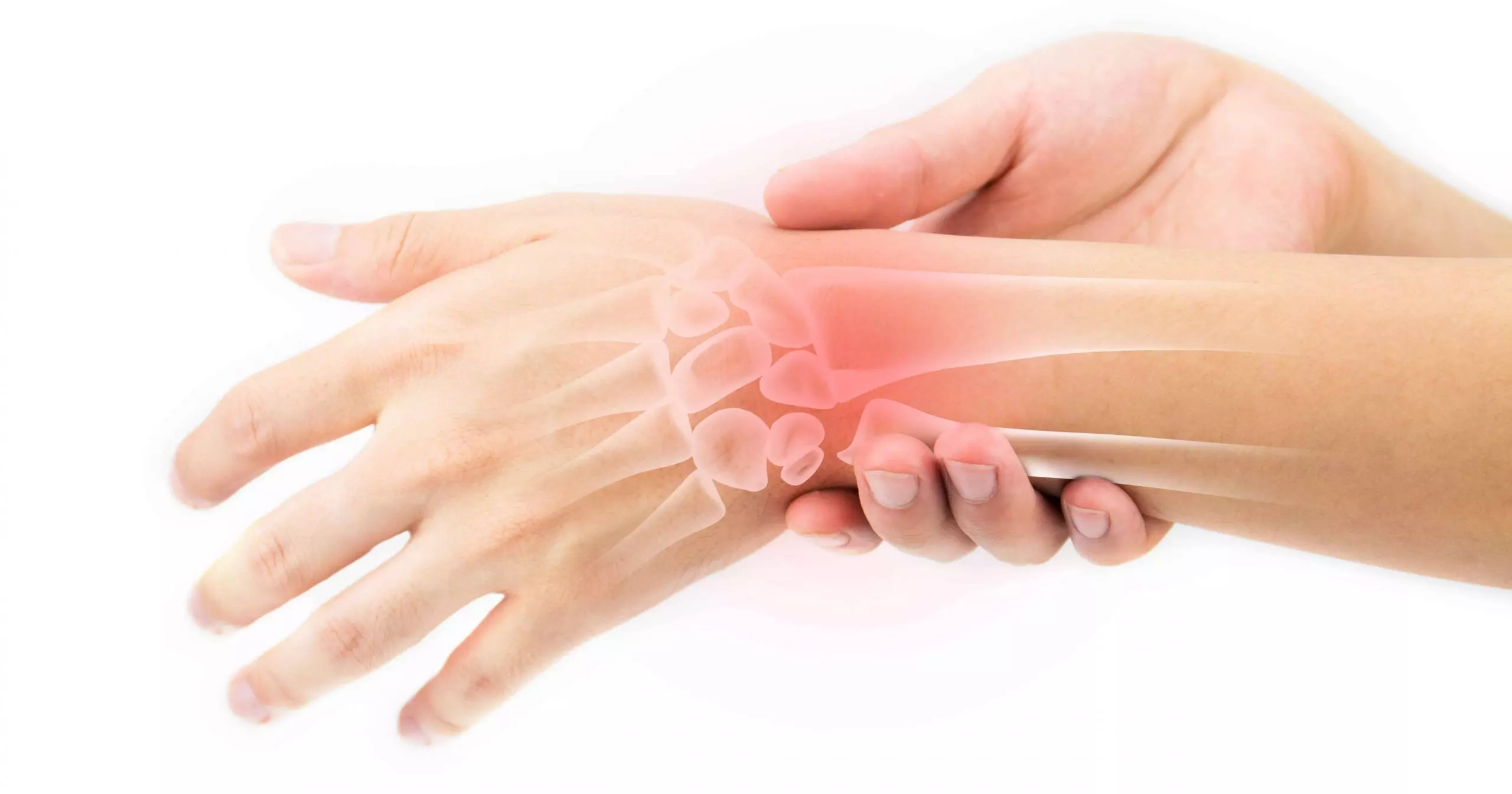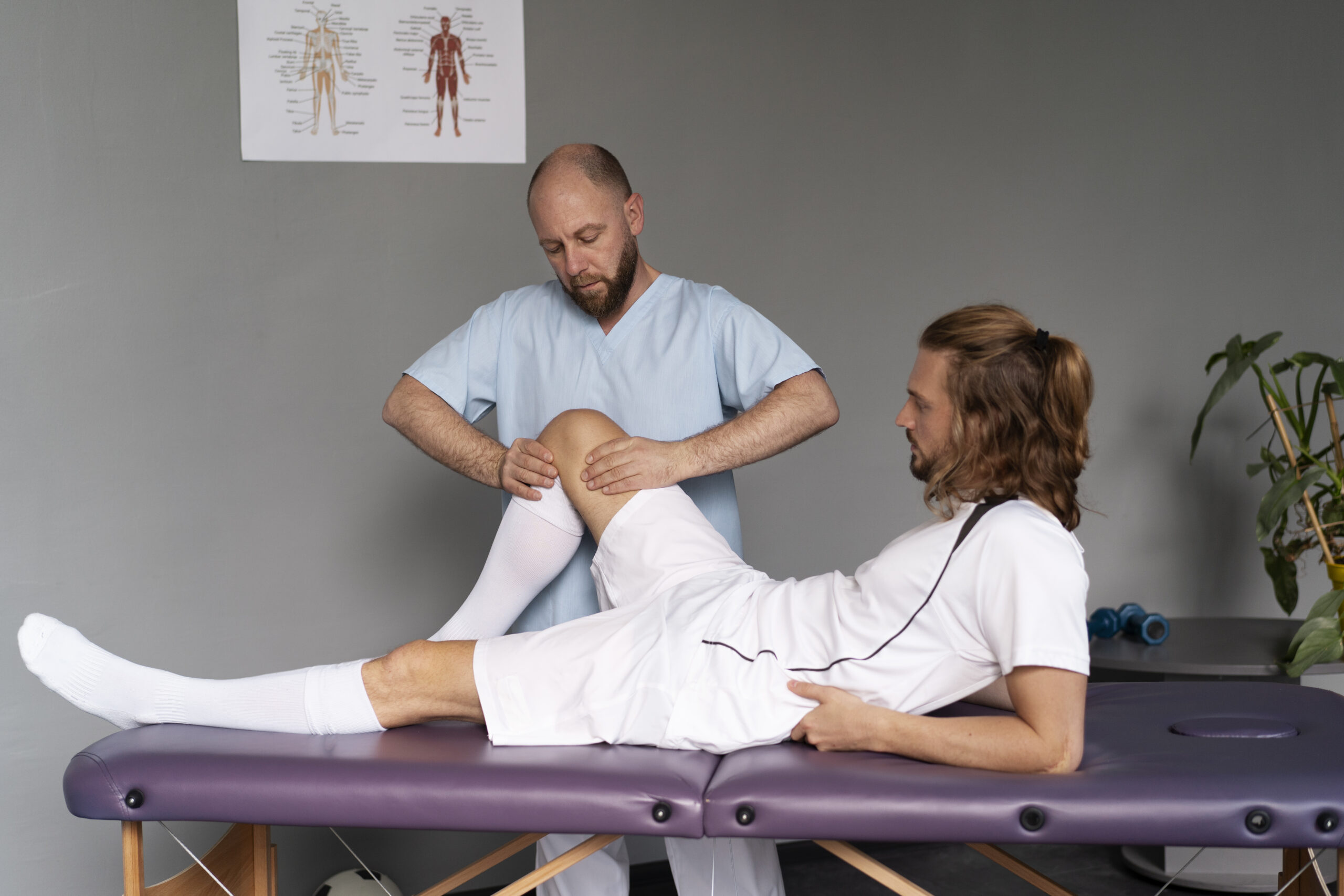Repetitive Strain Injury: Causes, Symptoms & Treatment
Repetitive Strain Injury (RSI) is a common musculoskeletal condition that affects millions of people worldwide. It is caused by repetitive movements, prolonged activities, or poor posture, leading to pain, discomfort, and reduced mobility. RSI can affect various body parts, including the hands, wrists, arms, shoulders, neck, and back. If left untreated, it can significantly impact a person’s daily life and work performance.
At NBR Clinic, our Repetitive Strain Injury specialists, led by Dr. Riaz Ahmed, offer expert care to help patients recover from RSI and prevent its recurrence. In this blog, we will discuss the causes, symptoms, and treatment options for RSI, providing valuable insights into managing this condition effectively.
What is Repetitive Strain Injury (RSI)?
Repetitive Strain Injury refers to a group of conditions caused by repetitive movements and overuse of muscles, tendons, and nerves. It is most common among individuals who perform repetitive tasks, such as typing, writing, using a computer mouse, playing musical instruments, or engaging in manual labor.
RSI is also known as:
- Work-Related Musculoskeletal Disorder (WRMSD)
- Cumulative Trauma Disorder (CTD)
- Overuse Syndrome
It primarily affects joints, muscles, and tendons, leading to pain, stiffness, and reduced function. If not addressed early, RSI can progress to chronic pain and long-term disability.
Common Causes of Repetitive Strain Injury
Several factors contribute to RSI, including:
- Performing the same motion repeatedly puts stress on muscles and tendons, leading to inflammation and strain. Common examples include typing, assembly line work, and using handheld devices.
- Incorrect posture while working, sitting, or lifting objects can put undue strain on the body, increasing the risk of RSI. Slouching, hunching over a desk, or improper hand positioning can contribute to discomfort and injury.
- Engaging in continuous activities without rest breaks can lead to muscle fatigue and strain. Jobs that require long hours of computer work or repetitive hand movements are particularly risky.
- Lifting heavy objects, gripping tools tightly, or applying excessive force can strain muscles and tendons, increasing the likelihood of RSI.
- A poorly designed workstation, an uncomfortable chair, or an incorrectly positioned keyboard and mouse can contribute to RSI. Ergonomic adjustments can significantly reduce the risk.
- Working with vibrating tools or in cold conditions can cause muscle stiffness and increase the risk of developing RSI.
Symptoms of Repetitive Strain Injury
RSI symptoms develop gradually and worsen over time. Common signs include:
- Pain or tenderness in the affected area
- Stiffness and reduced flexibility
- Tingling, numbness, or a burning sensation
- Swelling and inflammation
- Weakness in muscles or grip strength
- Cramping or throbbing pain
- Discomfort that worsens with activity and improves with rest
If you experience these symptoms, it is essential to consult an RSI specialist for an early diagnosis and treatment plan.
How Repetitive Strain Injury is Diagnosed
At NBR Clinic, Dr. Riaz Ahmed and our Repetitive Strain Injury specialists conduct thorough evaluations to diagnose RSI. Diagnosis typically involves:
- Medical History Review – Understanding symptoms, lifestyle, and work-related activities.
- Physical Examination – Checking for tenderness, swelling, and movement limitations.
- Imaging Tests – X-rays, MRI, or ultrasound to assess soft tissue damage.
- Electromyography (EMG) – Evaluating nerve function in suspected nerve compression cases.
Early diagnosis helps in preventing complications and ensuring a faster recovery.
Treatment Options for Repetitive Strain Injury
The treatment for RSI depends on the severity of the condition. At NBR Clinic, we offer personalized treatment plans to help patients recover effectively. One of the primary steps in RSI treatment is resting the affected area. Avoiding repetitive activities and modifying work habits can help reduce strain. Physiotherapy is a crucial part of RSI treatment. Our specialists design customized exercise programs to:
- Improve flexibility and strength
- Reduce muscle tension
- Enhance posture and movement patterns
Workplace modifications play a significant role in RSI prevention and recovery. Our experts recommend: Proper workstation setup (ergonomic chairs, adjustable desks), Correct keyboard and mouse positioning, Regular breaks and stretching exercises. Techniques such as deep tissue massage, myofascial release, and joint mobilization can help relieve muscle stiffness and improve mobility. Advanced therapies like shockwave therapy and ultrasound therapy help promote tissue healing and pain management. Using wrist splints or braces can support the affected area, preventing further strain and promoting recovery. Our specialists recommend targeted exercises to strengthen weak muscles and improve endurance. Simple stretching routines can enhance flexibility and prevent RSI recurrence.
Preventing Repetitive Strain Injury
To avoid RSI, follow these preventive measures:
- Maintain good posture while working or exercising
- Take regular breaks from repetitive activities
- Use ergonomic furniture and tools
- Stretch and strengthen muscles regularly
- Avoid excessive force and gripping
- Stay hydrated and maintain a healthy lifestyle
Why Choose NBR Clinic for RSI Treatment?
At NBR Clinic, Dr. Riaz Ahmed and our team of Repetitive Strain Injury specialists provide expert, patient-centered care using the latest treatment techniques for fast recovery and long-term relief. We conduct comprehensive assessments and diagnosis to understand the severity of RSI and develop personalized treatment plans tailored to each patient’s needs.
Our approach includes advanced physiotherapy and rehabilitation programs, state-of-the-art pain management techniques, and ergonomic advice to help patients recover effectively and prevent future injuries. With a focus on holistic healing and long-term well-being, NBR Clinic is your trusted partner in RSI treatment and recovery.
Conclusion
Repetitive Strain Injury is a serious condition that can impact daily life and productivity. However, with early diagnosis and the right treatment, full recovery is possible. If you are experiencing RSI symptoms, consult our Repetitive Strain Injury specialists at NBR Clinic.
Book an appointment with Dr. Riaz Ahmed today and take the first step toward a pain-free life!
Would you like to add any clinic-specific details, such as contact information or appointment booking links?
FAQs
What is Repetitive Strain Injury (RSI)?
RSI is a condition caused by repetitive movements, overuse, or poor posture, leading to pain, stiffness, and reduced mobility in muscles, tendons, and nerves. It commonly affects areas like the hands, wrists, arms, shoulders, and neck.
What are the common symptoms of RSI?
Symptoms of RSI include pain, tenderness, stiffness, tingling or numbness, swelling, weakness, and reduced range of motion in the affected area. Symptoms may worsen with continued activity and improve with rest.
Who is at risk of developing RSI?
People who perform repetitive tasks, such as office workers, athletes, musicians, and manual laborers, are at higher risk. Poor ergonomics, prolonged activities without breaks, and excessive force can also contribute to RSI.









